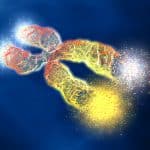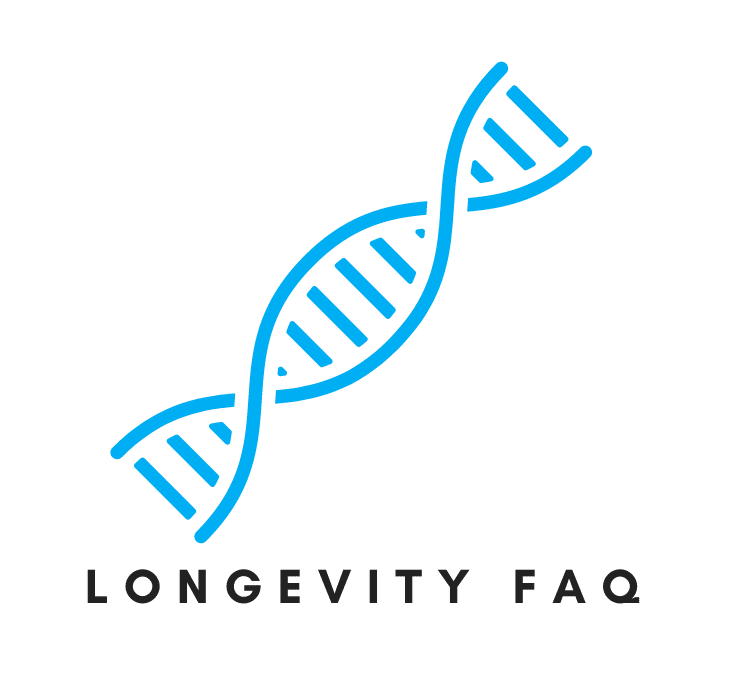
Telomeres, essential components of chromosomes, protect DNA from damage during cell division. The term originates from Greek: “telos” meaning end, and “meros” meaning part. In 1973, Alexey Olovnikov first theorized their existence, and in 1980, Elizabeth Blackburn discovered the unique DNA sequences in telomeres.
As cells divide, telomeres gradually shorten, eventually leading to cell death and contributing to aging. Longer telomeres signify a more youthful cellular state, hence, the correlation between telomeres and longevity. Notably, telomerase, an enzyme that rebuilds telomeres, can slow down or even reverse this process.
Here is a video I found from Dr. Eric Berg DC, on which things can increase telomere length
Biohackers implement various protocols to protect telomeres, including:
- Intermittent fasting
- Regular exercise
- Consuming antioxidants
- Reducing stress
- Prioritizing sleep
Several books address telomeres and their significance in aging:
- “The Telomere Effect” by Elizabeth Blackburn and Elissa Epel: Offers strategies to lengthen telomeres for a healthier life.
- “The Immortality Edge” by Michael Fossel, Greta Blackburn, and Dave Woynarowski: Explores telomere biology and its potential impact on aging and longevity.
- “Telomeres and Telomerase in Aging, Disease, and Cancer” by K. Lenhard Rudolph: Examines the role of telomeres and telomerase in biological aging and age-related diseases.
Additional aspects of telomeres that may interest longevity enthusiasts:
- Telomere testing: A blood test to determine telomere length as a biomarker for aging.
- Lifestyle factors: Diet, exercise, and stress management can positively impact telomere length.
- Genetic factors: Certain genetic variants can influence telomere length and predisposition to age-related diseases.
